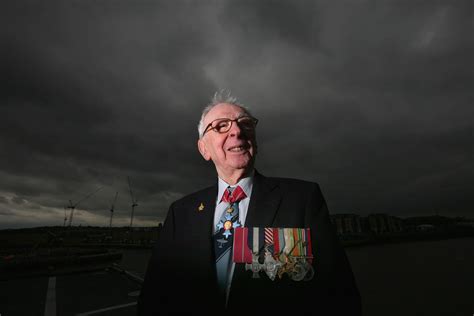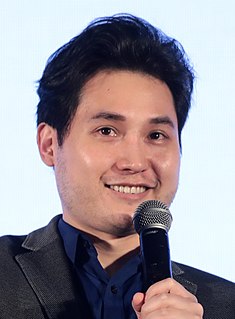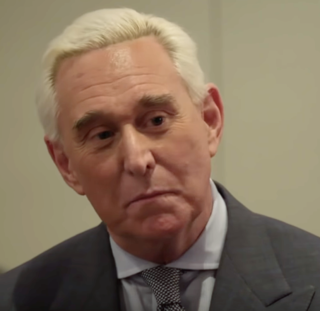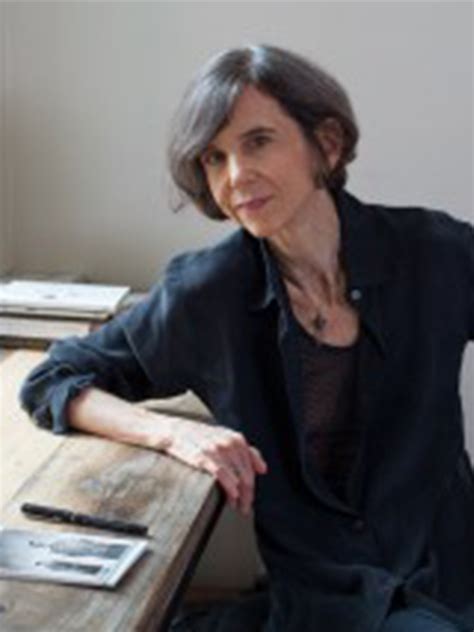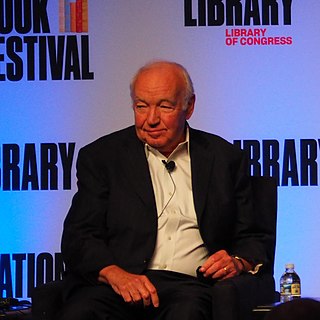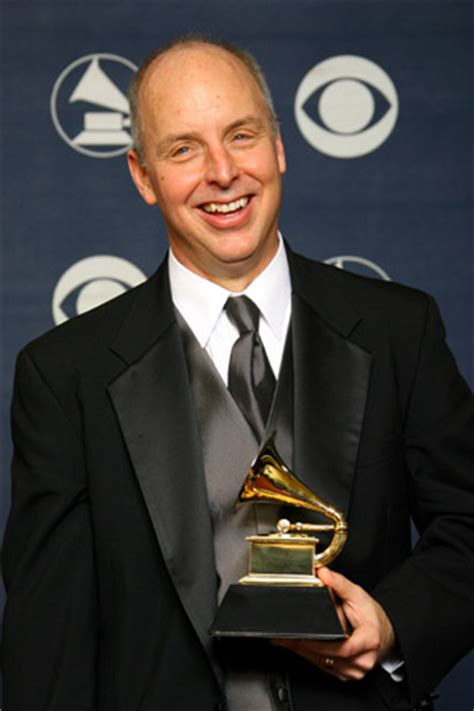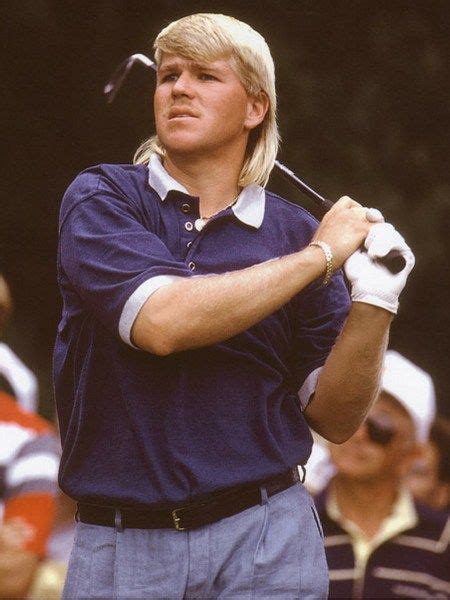A Quote by Arianna Huffington
That's what I try to do as a writer and as the editor of HuffPost: cover important stories in an obsessive way that enables them to break through the din of our multimedia universe.
Related Quotes
In building a path through the self to the far shore of awareness, we have to carefully pick our way through our own wilderness. If we can put our minds into a place of surrender, we will have an easier time feeling the contours of the land. We do not have to break our way through as much as we have to find our way around the major obstacles. We do not have to cure every neurosis, we just have to learn how not to be caught by them.
You can give the greatest performance possible, but if you don't have a director who's pointing the camera in the right direction and an editor who's editing it properly, it doesn't matter what you do. The director and the editor are the most important people. Not the actors. Sometimes the writer is important. But if you don't have a good director, you can't have a good production.
Images work on so many different levels. As a writer you feel them, try not to get in their way or narrow them down to anything other or less complex. A writer is a curator of sorts - once you've brought the images together you try to stand at a respectful distance and let them speak for themselves. Try not to mess with their ambiguities and contradictions. They are what they are, irreducible. This is their integrity.
Deep down we all suspect that something is very wrong with the way we perceive life but we try very, very hard not to notice it. And the way we remain blind to our frightful condition is through an obsessive and pathological denial of being -- as if some dreadful fate would overcome us if we were to face the pure light of truth and lay bare our fearful clinging to illusion.
My job is to cover the hell out of the story, very aggressively. The real place to be courageous if you're a news organization is where you put your people to cover the story. It's making sure that you have people going to Baghdad. It's making sure that you figure out how to cover the war in Afghanistan. While the journalist in me completely stands with them, the editor of the New York Times in me thinks my job is to figure out what the hell happened and cover the hell out of it, and that's more important than some symbolic drawing on the front page.
When we die, these are the stories still on our lips. The stories we’ll only tell strangers, someplace private in the padded cell of midnight. These important stories, we rehearse them for years in our head but never tell. These stories are ghosts, bringing people back from the dead. Just for a moment. For a visit. Every story is a ghost.

